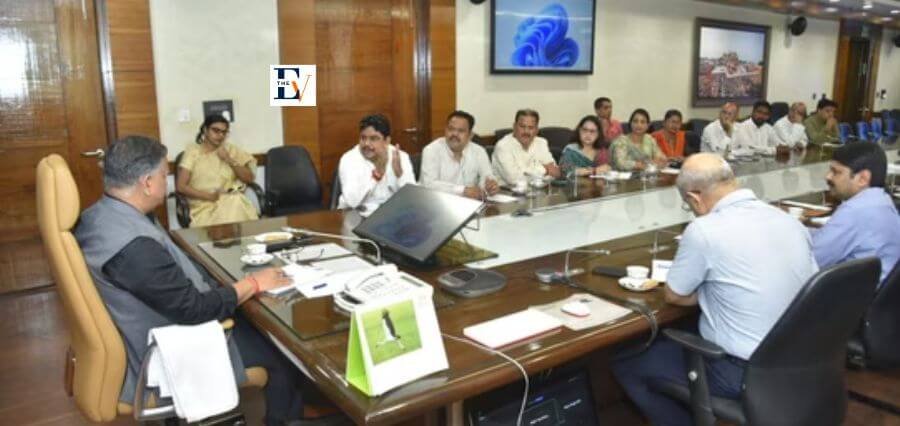Last week, the University of Sydney and the Asia Society India Centre organized a roundtable to explore opportunities for climate action in India and Australia. The discussions were led by distinguished speakers, including Nishtha Singh from the Asia Society Policy Institute, Ambika Vishwanath of the Kubernein Initiative, and Prof Deanna D’Alessandro, Director of the University of Sydney’s Net Zero Initiative. The participants, consisting of researchers, industry leaders, academics, and NGOs, identified strategic bilateral collaboration opportunities between Australia and India in the context of climate action.
The roundtable highlighted the shared challenges faced by India and Australia, such as fossil fuel dependency, rising energy demands, and emissions from the agricultural sector. Priority areas for bilateral partnership were discussed, emphasizing renewable energy technology, critical minerals, hydrogen initiatives, and transitioning from hard-to-abate sectors to strengthen clean energy relations.
Key topics included technology exchange, renewables, baseload technology, circular economy, and co-utilization of land for Agrivoltaics. The discussions also touched on incentives and policy insights related to carbon markets, pricing mechanisms, water management plans, and regulatory processes streamlining.
Addressing the concept of a just transition, the participants considered diverse impacts across states, integration of indigenous knowledge, and facilitating job transitions to the renewable sector. The roundtable concluded by outlining actionable steps, including deeper exploration of priority areas, collaborative mechanisms beyond country-level agreements, and inclusive engagement across sectors to expedite progress. The participants plan to reconvene in 2024 to advance their work program.
The University of Sydney, established in 1850, is a renowned institution committed to excellence in education, research, and innovation. With a history of fostering critical thinking and transformative discoveries, the university consistently ranks among the top educational institutions globally. It offers a diverse range of programs and emphasizes multidisciplinary approaches to equip students with the knowledge and skills needed to address complex challenges. The institution’s collaborative environment, cutting-edge research, and vibrant campus community contribute to shaping future leaders and advancing societal progress on a local and global scale.





